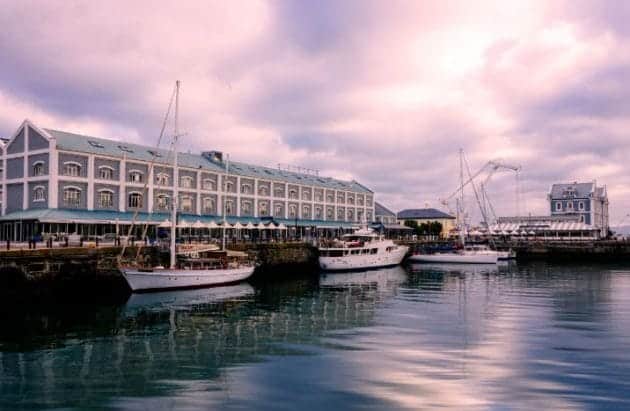Risky Business: How Companies Avoid Pitfalls Abroad
Business travellers who extend their trips for pleasure should be aware that they need to purchase additional travel insurance cover should the leisure portion of the trip comprise more than half the time they are away.
With more business travellers extending their trips to encompass a personal holiday, Corporate Traveller, the corporate travel division of Flight Centre Travel Group, South Africa’s largest travel company, has warned that companies and business travellers need to be cognisant of whether their travel insurance will cover all their activities while they are travelling.
“Most travel insurance companies will cover leisure activities if they are incidental to the business trip. If, however, the leisure portion exceeds more than 50% of the trip, the traveller needs to purchase a leisure policy as well,” says Michelle Jolley, Marketing Manager for Corporate Traveller.
She says while travellers do not require additional insurance nor do they need to declare their activities if they partake in some leisure activities, such as a bungee jumping, while on a business trip, travellers should check with their insurers what ‘hazardous or professional sporting activities’ are covered.
Jolley also points out that companies should check whether their travel insurance policies cover engaging in manual labour.
“Half of South African travellers are travelling into Africa and engaging in manual labour. However, a regular travel insurance policy, including all complimentary credit card options, excludes cover for any manual labour-related injuries,” she says.
Travellers should also check whether their travel insurance policy provides cover for ‘unexpected medical expenses relating to war & terrorism’, says Jolley.
“If war and terrorism is covered by your travel insurance policy, ensure that you are fully aware of the medical limits relating to war and terrorism as these limits are far lower and may not cover the actual cost of the claim. It is also important to establish if the policy makes provision for cancellation or curtailment as a result of a terror attack. A lot of policies stipulate that they will cover the cancellation costs as a result of terrorism provided that the incident occurred within 14 days of your scheduled departure, in a city on your prepaid itinerary, and if there was not another incident in the same city within the last 60 days,” she advises.
Jolly also points out that ‘wilful exposure’ to war and terrorism is usually not covered by insurance companies.
Jolley says companies and travellers need to ensure they are sufficiently covered when travelling for business. The free cover provided by credit card companies can be for as little as R150 000 medical insurance cover, which is not enough for most medical emergencies or illnesses that require hospitalisation abroad.
They also do not cover pre-existing illnesses.
She points out that top-up cover may also be more expensive than a policy specifically for business travel and may not include other business-related benefits.
“It is vital that companies and business travellers know exactly what travellers are covered for, understand all their options and are aware of any excesses they may be liable for if they need to claim,” says Jolley.





